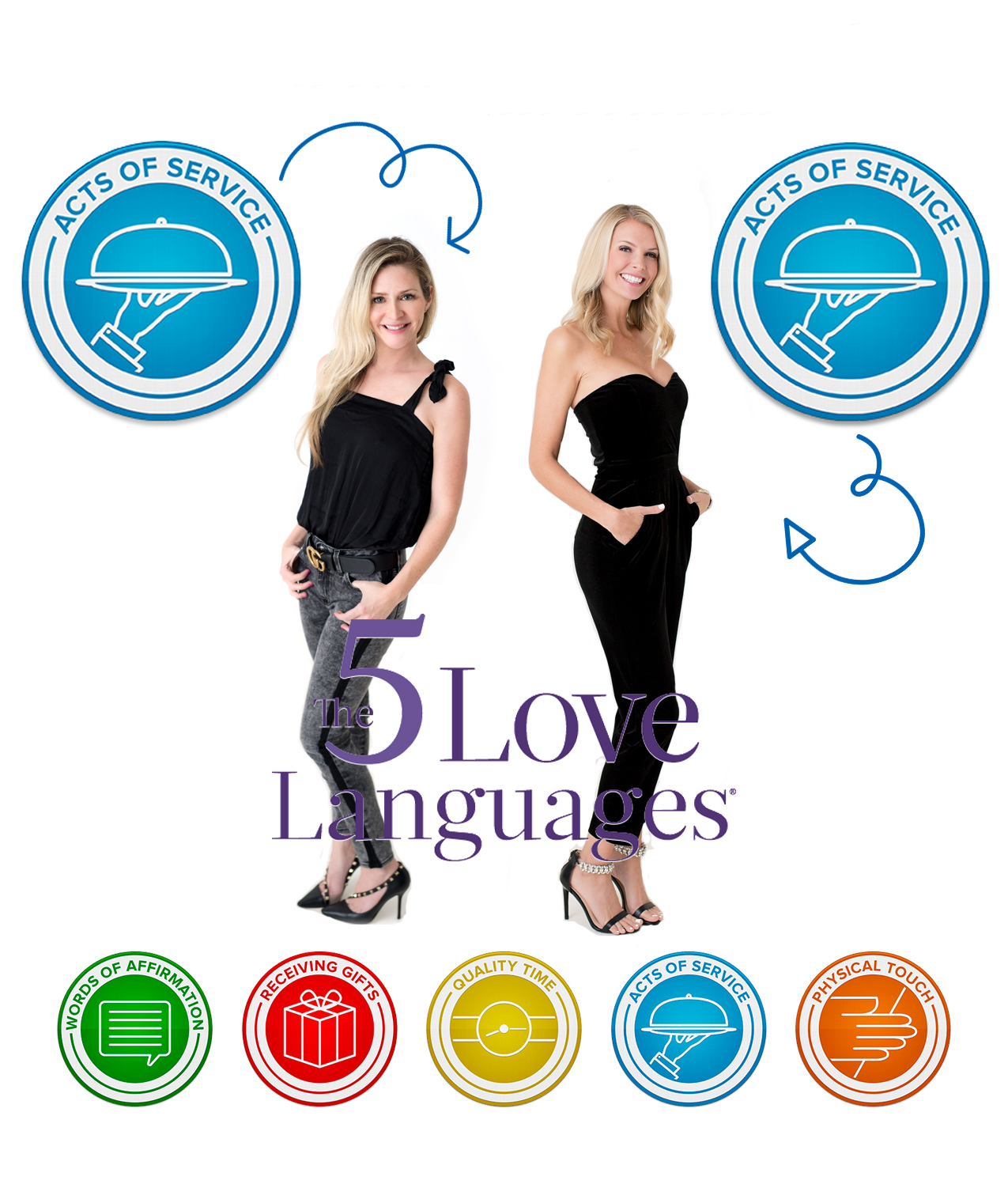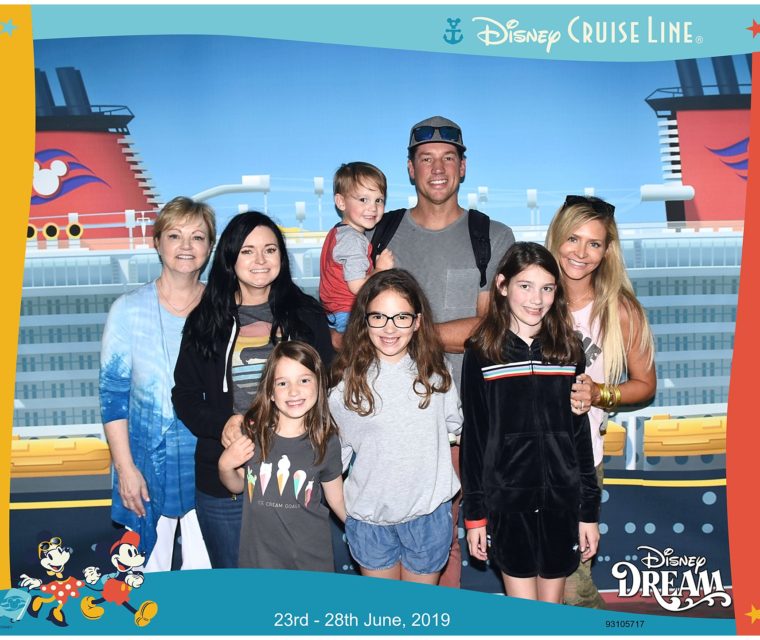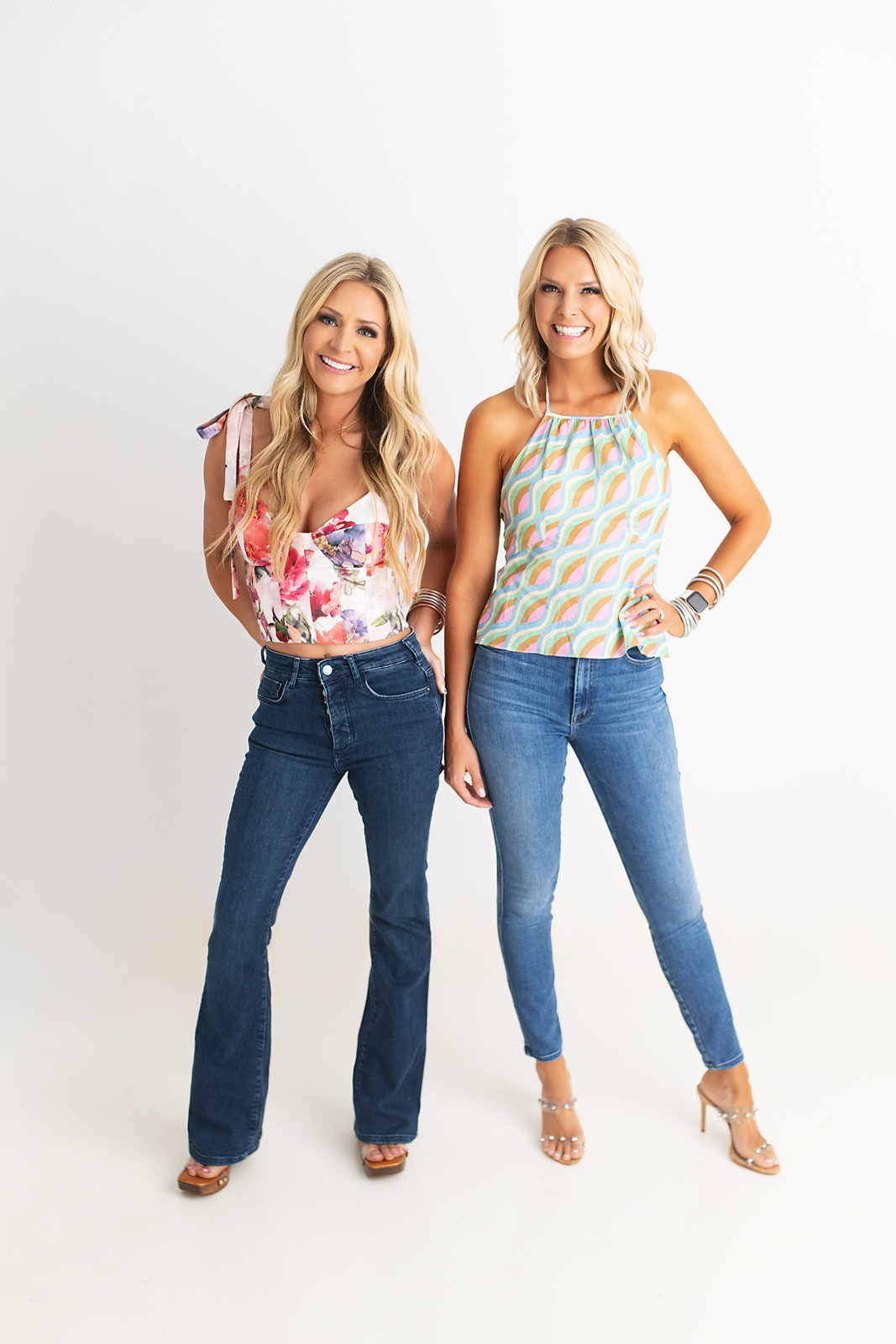Have you read the book, The Five Love Languages by Gary Chapman? If not, we totally recommend it. After 30 years of marriage counseling, Gary found that there are five ways that people feel loved and appreciated. We also have what he calls a “love tank” and in order to feel fulfilled we must be spoken to in our love language. Understanding these love languages can help take some of the guesswork out of your partner’s needs. So this Valentine’s Day we encourage you to find out your spouse’s love language and fill their tank.
Feast your eyes on this hilarious graphic that looks like the cover of a self help best seller, or worst seller. Let it be known that the way to our hearts are through chores and anything that takes the stress off of us and makes us feel the “one team, one dream” vibes.

Take the quiz here.
According to Dr. Chapman the 5 love languages are:
- Words of Affirmation
- Quality Time
- Receiving Gifts
- Acts of Service
- Physical Touch
Words of Affirmation: Encouraging words, listening actively, words of appreciation.
Do: Unexpected notes or texts expressing your appreciation, send them a card, brag about them in public, tell them you appreciate them, compliment them.
Don’t: Non-constructive criticism, not recognizing or appreciating effort, emotionally harsh words.
Quality Time: Doing things together one-on-one, uninterrupted and focused time together.
Do: Take a weekend getaway, date nights, go for a walk, create special moments together, running errands together, sitting and talking at home.
Don’t: become distracted during your time together (taking calls, texting, etc.), go long stints without one-on-one time.
Receiving Gifts: Giving gifts, giving time, remembering special occasions, giving small tokens.
Do: Give thoughtful gifts, express gratitude when receiving a gift, surprise them with something that lets them know you were thinking of them.
Don’t: Forget special occasions, unenthusiastic gift receiving
Acts of Service: ongoing acts of helpfulness, they want to know you’re partnered with them.
Do: Assist with house chores, make them breakfast in bed, go out of your way to help with their daily workload.
Don’t: Make requests of others a higher priority, lack follow through on big or small tasks.
Physical Touch: And every man said, Amen. Non-verbal use of body language to show love.
Do: Hug, kiss, hold hands, show physical affection regularly. Make intimacy a priority.
Don’t: Physical neglect, go long periods without intimacy, receive affection coldly.
Lets face it, relationships are freaking hard and they take work…but its TOTALLY worth it. Nick and I have very different love languages but knowing how to love each other well has helped us to grow closer. His love language is words of affirmation. A text during the day saying I appreciate him goes a long way. My love language is acts of service so knowing that he is there to be my partner and change the light bulbs or help with the dishes keeps my love tank full.
I’ve read that if you are unsure of what your love language is or if you are tied for the top two think about what you naturally do for your spouse. For example, Nick leaves me little notes by the coffee machine telling me he loves me (Words of Affirmation). I’ve been know to clean out his bathroom drawers because I mean, I’d love it if someone did that for me (Acts of Service).
Paige’s 10 cents, my 2 cents is free: Zach’s love language is physical touch, I scored a 1 for physical touch. It’s not that I dislike it, I just don’t even think to do it, and basically I dislike it. ha! This may be super weird, but when someone hugs me longer than the standard quick little hug, I feel restrained and panicky. Also if Zach’s hands are the tiniest bit sweaty, I get panicky. If my tummy is touched, even though all the saggy piles of extra skin are now gone, I get panicky. I still have weirdness about that because I was self conscious about it for so long. If a foot touches me while I’m sleeping, panicky. Being snuck up on and hugged, PANICKY!!! So we have decided that if I am the touch-er and not the touch-ee, I can cuddle all day. (extreme exaggeration) but for at least 15 mins or so until I get antsy and need to get up or move. It’s important that I don’t forget to give him the huggles and snuggles, when I am completely happy with a high five. It’s hard to stay aware of how much Zach likes to be loved through touching and not get too annoyed when he asks me every other day if we can get “physical, physical, let’s get physical, physical!” I’m irresistible, what can I say? Zach makes fun of me and tells me I just want him to be my ripped butler. You got that right babe! But honestly, he knows how stressed I get with my never ending to do list of work and home tasks and even just taking a few of those off the list for me makes me elated. Finding out about the love languages really changed our relationship and helped us to see that we should show affection how our spouse wants to receive it and not how we want to give it. Zach wants to hold hands, so as much as he would appreciate me cleaning out the playroom, it doesn’t do much for the love tank. I think a hug is nice and all, but by all means, clean the kitchen and I feel like we are a power couple and killing the marriage game. Up next for me, after learning more of the enneagram of course, I want to dive into using love languages on how to shape my parenting and differentiate my approach for each kid.
I’m linking the book below plus a lot of other great options on love languages for kids, teens, and even a devotional.
Happy Valentine’s Day Friends!





